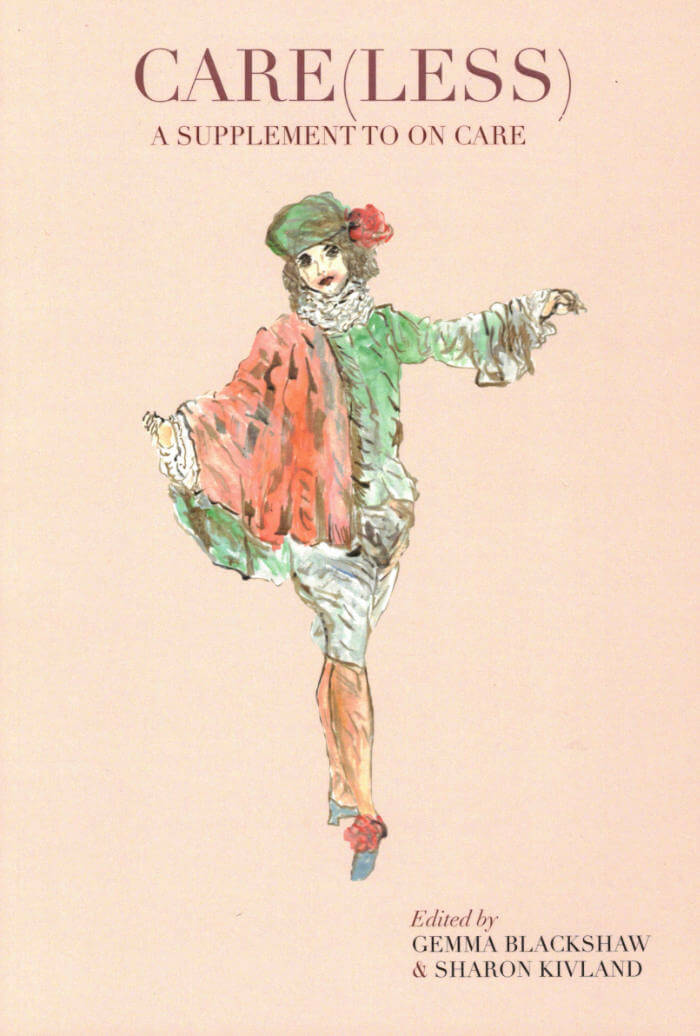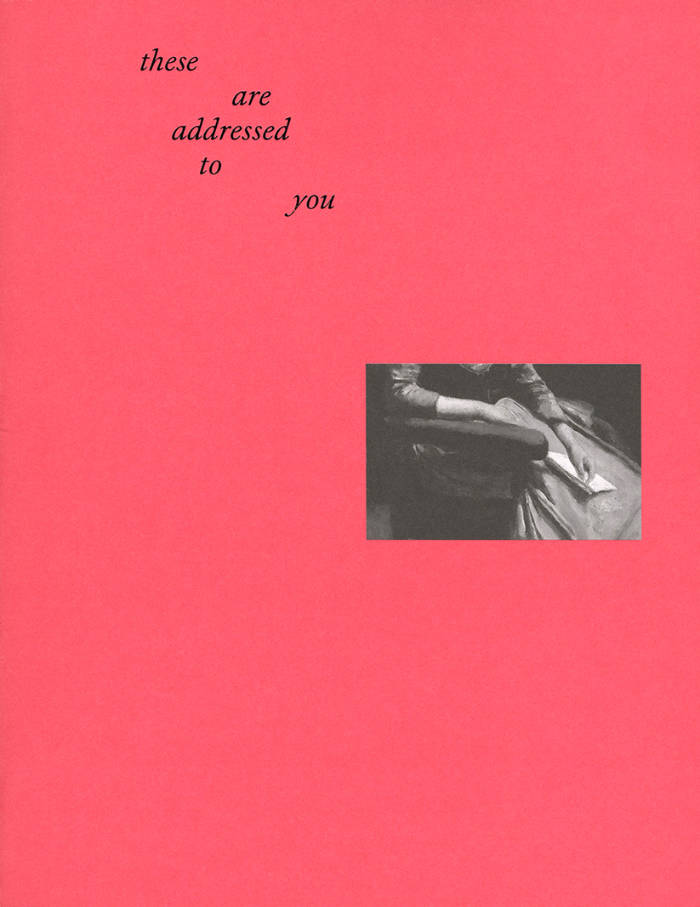
Care(less). A Supplement To On Care
Gemma Blackshaw ed., Sharon Kivland ed.
The harshest of lights shines on the question of care in the age of neo-liberalism and globalisation: who gets it, who needs it, who does it, who controls it. The Care research group at the Royal College of Art works in this light to ask how to care for human bodies in the inequitable societies COVID-19 has re-inscribed, through the activation of creative research practices as means of caring. Reflecting on the care phenomenon of 2020/21, the group invited the editors of ON CARE (MA BIBLIOTHÈQUE, 2020) to return to their book conceived before the pandemic. As part of that discussion, the group was asked to consider what is lack of care and what lacks in care. Their responses form this supplement to ON CARE, working with what was at hand, with what was missed, forgotten, neglected, ignored: CARE(LESS).
Contributors: Sohaila Baluch, Gemma Blackshaw, Anja Borowicz, Caroline Douglas, Shannon Forrester, Marita Fraser, Nora Heidorn, Ameera Kawash, Sofie Layton, Joshua Leon, Xiaoyi Nie, Amy Peace Buzzard, Ilona Sagar, Dafne Salis, Adam Walker, Sharon Young, Shuye Zhang







